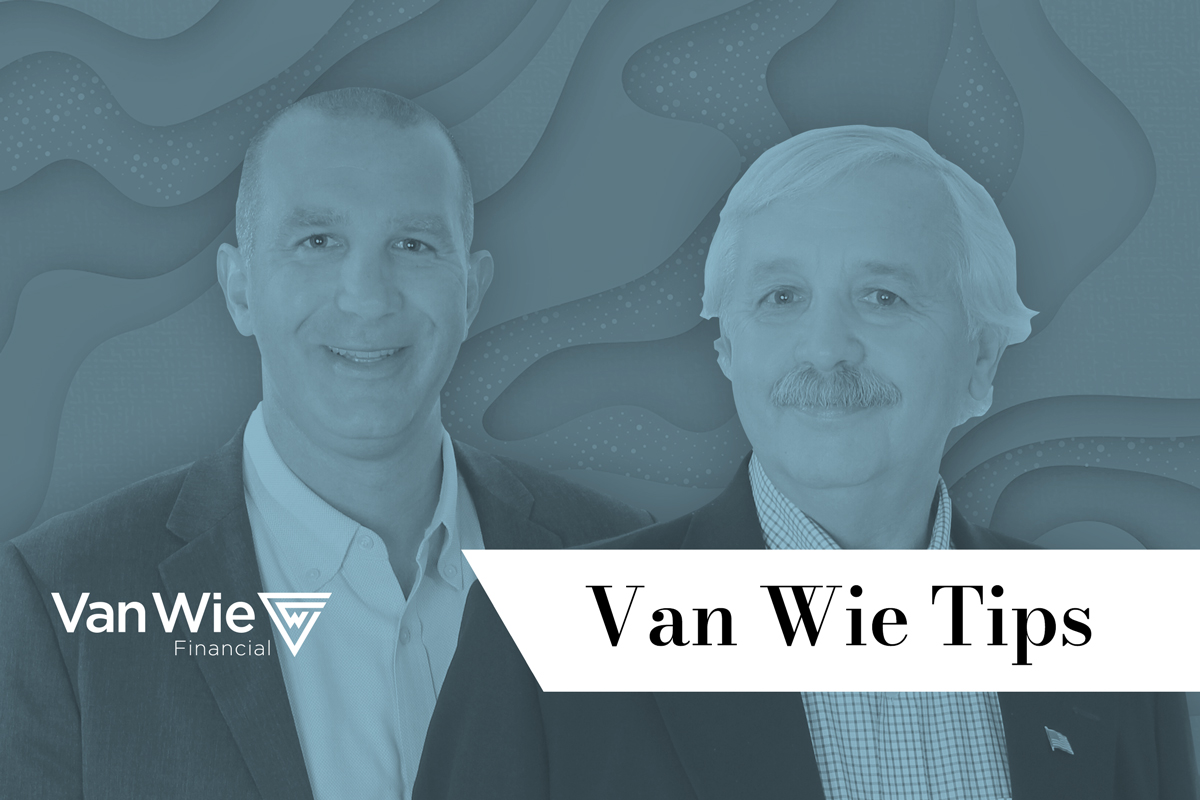Last week, we began a discussion that emanated from a radio listener’s inquiry. The general topic was preparing Americans for Retirement Planning and the need for an early start with education, saving, and investing. Dreaming of retirement is not enough, and in the 21st Century, no one else will be looking out for you. That is a stark reality.
Prior generations relied on traditional pensions and Social Security for lifetime income in retirement. Things are different today, as pensions are almost extinct, and Social Security payments have not kept pace with inflation. Recent estimates show a 36% decline in purchasing power of Social Security retirement benefits since the year 2000. Ouch!
For many, difficult changes such as working longer and saving more, will be necessary. Knowing this many years in advance allows a working person time to adjust saving and investing habits, but being confronted with this data late in life can be devastating, without time to adjust to reality.
Successfully achieving a desired retirement income stream requires time and careful planning. This is due to the principle of compounding, whereby earnings are continually reinvested over time. Future earnings are enhanced as the account grows. Over time, compounding becomes a powerful source of wealth accumulation.
Invested money earns more money, whether from interest, dividends, or capital gains. Slow at first, the effects of compounding multiply over time, as growth gets applied to an ever-increasing pool of money. The process may seem slow, but over time it accelerates. We often explain compounding using a simple example. Earning 10% on $1,000 begets an increase of $100. Each successive year applies growth to a larger number. Earning the same rate on $100,000 increases the account by $10,000, and the pattern continues. Imagine at the $1 Million level!
To a young worker who is faced with conflicting demands on income, saving can be burdensome and difficult. Looking out 30 years or so may seem unreasonably long, and a host of other excuses can interfere with investing scarce dollars. With a good financial education, these obstacles can be seen in their proper perspective, providing needed incentives to prepare for “someday.”
Young people may look to their parents and derive incorrect assumptions as to how they got where they are. Some parents have (or had) substantial pensions, and others were successful in their IRAs and 401(k) Plans. These people are enjoying comfortable retirements. Others, however, failed to understand their own roles in preparation for the future, and are not in the best financial condition.
It is not necessary to be judgmental of others while taking hold of your own situation by planning for the future. Your future is up to you.
Van Wie Financial is fee-only. For a reason.



